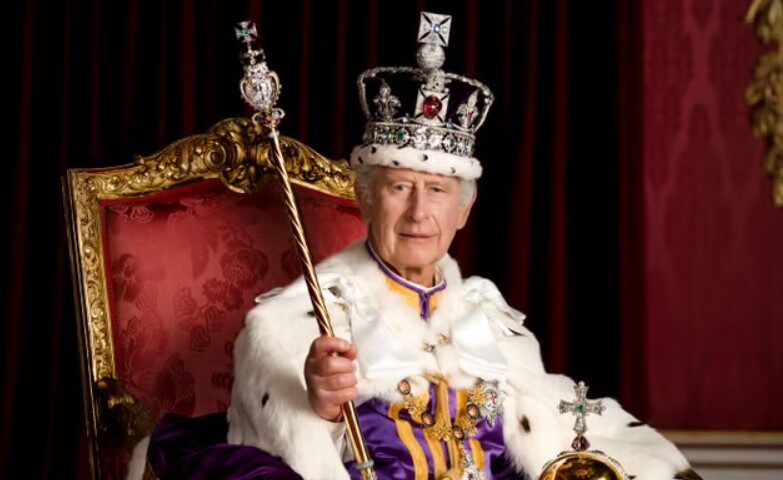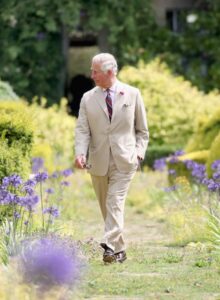TRADITION QUESTIONS: The Wish for Kings

What’s going on?
The coronation of His Royal Highness Charles III and his wife Camilla as king and queen of the United Kingdom and other Commonwealth realms took place on May 6, 2023, in Westminster Abbey. While the ceremony was structured around an Anglican religious service, Chief Rabbi Ephraim Mirvis and four other faith leaders blessed King Charles at the end of the service, “Your Majesty, as neighbors in faith, we acknowledge the value of public service. We unite with people of all faiths and beliefs in thanksgiving, and in service with you for the common good.”
Why does this matter?
Jewish thought, specifically hasidic thought, places great importance on the coronation ceremony in connection with Rosh Hashana. In evoking this tradition, Rabbi Joseph B. Soloveitchik related the following story:
On erev Rosh Hashana, [the old melamed of Chaslavitch] used to say, “Children, do you know what we are going to do tonight? Rosh Hashana is the night of coronation, tonight. We are now crowning the king. The king! Can you guess who this king is?”
The children responded: “Nicholai.” (This was a number of years before the 1917 Russian Revolution, when Nicholas still served as the Russian czar.)
The melamed responded: “No children, Nicholai is not a King. Today, he is here. Tomorrow, he will be in the grave. There is only one King. Who is the King? This is the Almighty. The Almighty wants us—poor Jews, oppressed Jews, despised Jews, who hardly earn a living—He wants us to proclaim him as King. Who is crowned? The Almighty. Who gives Him the crown? Who anoints Him? Who elects Him? Poor, weak and helpless man.” [Listen to the Rav in an audio recording here, and further on this theme here.]
The connection between monarchy and the Divine both stabilizes and constricts Jewish theological and political thinking. By linking mortal kings to God, we center them and their authority within our political thinking. With the emphasis on the human role in God’s coronation, we also take a specifically participatory view of monarchy. This idea is emphasized by the term first popularized in Pirkei deRebbi Eliezer (11) – “There is no king without a people”:
Adam said to the animals, you come to bow before me? Come, I and you, let us go and adorn in majesty and might, and acclaim as King over us the One who created us. People acclaim the king as king, the king does not acclaim himself. Adam went first and acclaimed the Creator as King and all the creatures answered after him, and they said, “The Lord reigneth, he is apparelled with majesty” (Psalms 93:1).
How do the specific holders of a generation’s human thrones affect Jewish conceptions of kingship broadly and Divine kingship specifically? How will King Charles’s persona (as opposed to that of Czar Nicholas) affect how Jews utilize the metaphor of kingship this Rosh Hashana?
What questions remain?
Does the metaphor of kingship on Rosh Hashana affect modern debates surrounding conservativism and liberalism?
Lewis H. Lapham in his 1993 book The Wish for Kings wrote, “To people who have grown tired of self-government, the belief in kings and queens and fairy tales seems easier and more comfortable than the practice of politics.” The king is more than a political actor. The king enjoys a certain fame and celebrity. He places himself on a literal pedestal and his subjects (and others) place him on a pedestal in their minds. The relationships between “regular” men and women and those on such pedestals exist today in the form of celebrity. How do such forms of fealty and worship affect our fealty and worship for the only “real” King?
Chaim Strauchler, an associate editor of TRADITION, is rabbi of Cong. Rinat Yisrael in Teaneck.

